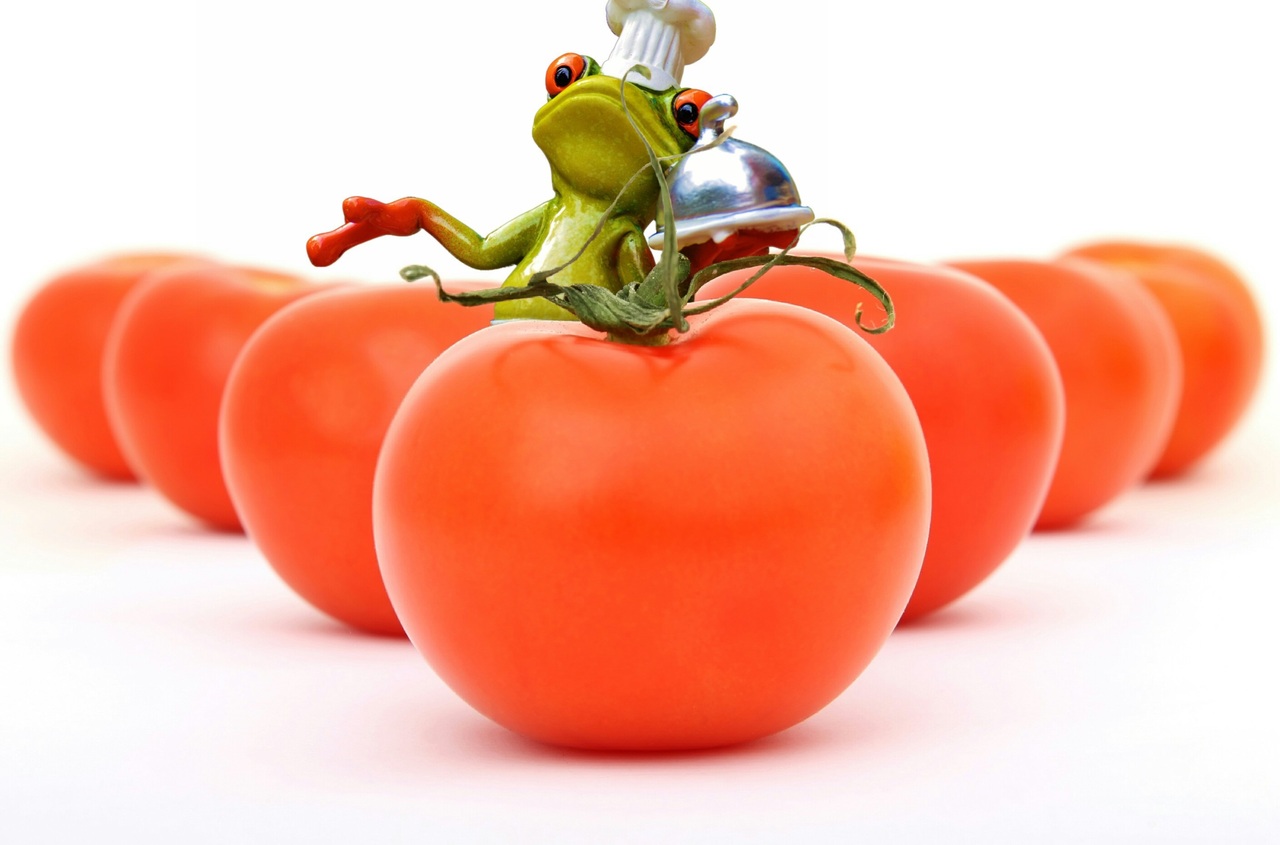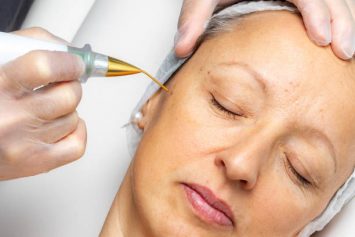Everyone wants glowing, vibrant, younger-looking skin, right? You can’t stop the skin aging process but you may be able to control how you do it. Skin aging is a complex biological process but a healthy balanced diet can possibly give your skin the boost it needs to look its best. The answer is to modify lifestyle factors while optimizing your nutrition by eating a varied, balanced diet that includes antioxidant-rich fruit and vegetables, healthy fats and adequate hydration. Older skin cells are constantly being shed and replaced, which means a steady supply of nutrients is essential to support skin turnover. Eat the correct balance and you’ll feed your skin and you could potentially help keep it soft, supple and blemish-free.
There are many causes of skin aging. Your genes play a big part, but there are culprits we can influence:
- Sun exposure, UVA and UVB rays
- Smoking
- A poor diet, lacking in antioxidants and fatty acids
- Excessive alcohol intake
- Lack of sleep
- Too much stress
When it comes to skin health, a well-balanced diet is important. The skin is your body’s largest organ, so it makes sense that what you eat will have a large impact on your health. Fruits and vegetables contain powerful antioxidants that help protect skin from cellular damage. A well-balanced diet can promote healthy skin, reduce chronic conditions, and help prevent early aging. Eating a balanced diet, rich in anti-oxidants, vitamins and minerals is key. Vitamins A, C, E, zinc, and selenium as well as some healthy fats, are important for optimal skin health and function.
Let’s take a look at some of the food sources of these nutrients and their role in healthy skin.
Vitamin A
Vitamin A is a nutrient important to vision, growth, cell division, reproduction and immunity. It is a fat-soluble micronutrient potentially necessary for the growth of healthy skin and hair.
Food Sources
- -Leafy green vegetables (kale, spinach, broccoli)
- -Orange and yellow vegetables (carrots, sweet potatoes, pumpkin)
- -Tomatoes
- -Red bell pepper
- -Cantaloupe, mango
- -Beef liver
- -Fish oils
- -Milk
- -Eggs.
Vitamin C
We need vitamin C to support the immune system, promote radiant skin and help in the healing process. Vitamin C is also key for producing collagen, the protein that forms the scaffolding that keeps our skin plump and supported and strengthens the blood capillaries that supply the blood that nourishes our skin.
Food sources
- -Blueberries
- -Broccoli
- -Oranges (citrus)
- -Strawberries
- -Sweet potatoes
Vitamin E
Vitamin E plays a key role in protecting the skin from oxidative (cell) damage and photo-aging
Food Sources
- -Almonds
- -Avocados
- -Hazelnuts
- -Pine nuts
- -Sunflower and pumpkin seed oil
Selenium
Selenium is a powerful antioxidant that works alongside vitamins C and E. Studies suggest that a selenium-rich diet may help protect against skin cancer, sun damage and age spots. One way to boost your intake is to eat Brazil nuts. Just two or three nuts will provide your recommended daily amount. Mix Brazil nuts with other seeds rich in vitamin E as a snack or salad sprinkle. Other good sources of this mineral include fish, shellfish, eggs, wheatgerm, tomatoes and broccoli.
Zinc
The mineral zinc helps keep skin supple by supporting the normal functioning of oil-producing glands in the skin. It’s also involved in the healing process and helps repair skin damage. Zinc-rich foods include fish, lean red meat, whole grains, poultry, nuts, seeds, and shellfish.
Healthy Fats
Certain fats act as a natural moisturizer for your skin, keeping it supple from the inside and improving elasticity. These fats include the monounsaturated and polyunsaturated varieties found in avocados, oily fish, nuts, and seeds. These fats come cleverly packaged with a healthy
dose of valuable vitamin E as well. Pay special attention to food sources of polyunsaturated fat called omega-3 fatty acids. These fatty acids are anti-inflammatory and may help alleviate skin conditions. They also form the building blocks of healthy skin. You can find omega-3 fatty acids in oily fish such as salmon, trout, and sardines, as well as plant sources including flaxseed, chai seeds, walnuts, and rapeseed oil.
A number of factors impact the health and appearance of our skin, including our genetics, age, hormone levels, diet, and lifestyle. Although the incidence of vitamin, trace elements, and protein deficiencies in developed Western countries are very low, an imbalanced or incomplete diet can also lead to disease and aging, thereby affecting skin health. The most important food tip is to choose a wide range of foods. No one food or food group can supply all the nutrients that your skin and body need. If you eat a variety of fruits, vegetables, healthy fats and hydrate regularly, you may feel better and your skin will reflect that as well.
Erika Niedernhofer, Registered Dietitian




